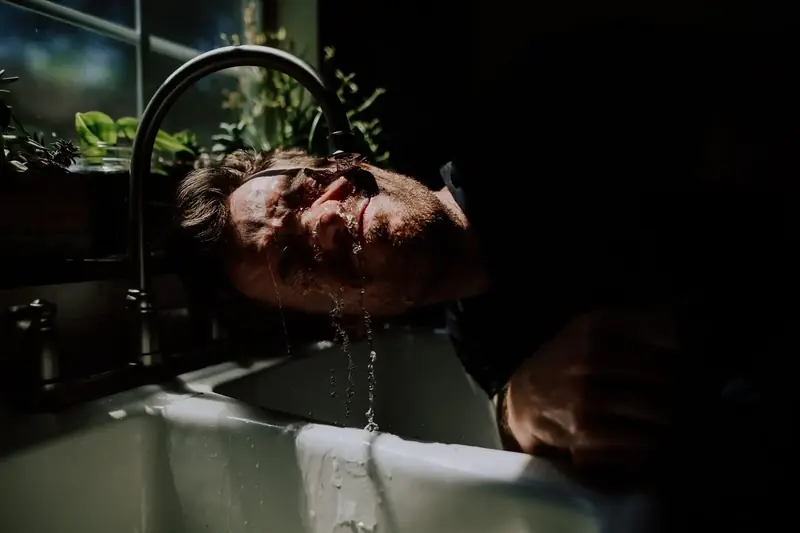
In reality, scientists have not confirmed a direct link between age and the severity of hangovers. However, there are several reasons why older individuals may feel significantly worse after a night of drinking compared to their younger counterparts.
“It’s unclear whether everyone experiences worse hangovers as they age or just some people. There simply hasn’t been enough research on this topic. But there are a few theories,” noted Aaron White, head of the Epidemiology and Biostatistics Branch at the National Institute on Alcohol Abuse and Alcoholism (NIAAA).
Alcohol is toxic to our cells; it can damage DNA and hinder essential cellular processes. As alcohol breaks down, it temporarily converts into another toxic substance—acetaldehyde—before being transformed into a less toxic compound called acetate, and eventually into water and carbon dioxide.
However, as we age, the liver enzymes that metabolize alcohol and its toxic byproducts become less effective. This means that toxins can linger in the body longer than before. When acetaldehyde remains in the liver, it can trigger widespread inflammation in the body, as reported by Live Science.
Additionally, compared to younger people, older adults are more likely to suffer from chronic pain and conditions that cause accompanying inflammation, such as diabetes and arthritis. Thus, excessive alcohol consumption can double the impact of inflammation.
Both alcohol consumption and natural aging can make it harder to maintain the body’s hydration balance. Consequently, the combination of these two factors often lays the groundwork for a rough morning after.
Alcohol acts as a diuretic, meaning it expels water from the body. Scientists are still debating the exact role dehydration plays in the development of hangovers, White said. However, it is well known that dehydration can lead to headaches and fatigue. Moreover, after the age of 60, the overall water content in the body begins to decrease. This results in a higher concentration of alcohol in the bloodstream.
Both alcohol and aging disrupt sleep. A few drinks may speed up the initial process of falling asleep, but they can also undermine sleep quality and cause a person to wake up earlier. This leads to an overall decline in nighttime rest. According to Mr. White, sleep quality tends to worsen with age, so “we may feel the effects of alcohol on fatigue the next day more than we did when we were younger.”
Researchers continue to debate how exactly aging affects hangovers. But, as Aaron White points out, one thing is clear: the only guaranteed way to avoid a hangover is to not drink too much alcohol.
